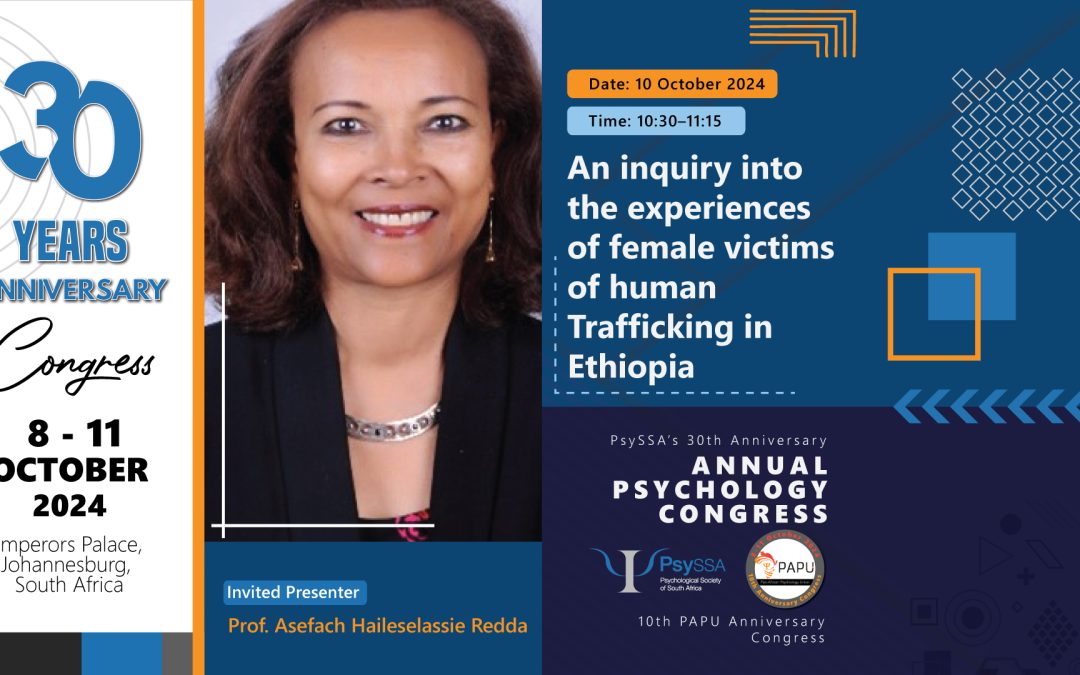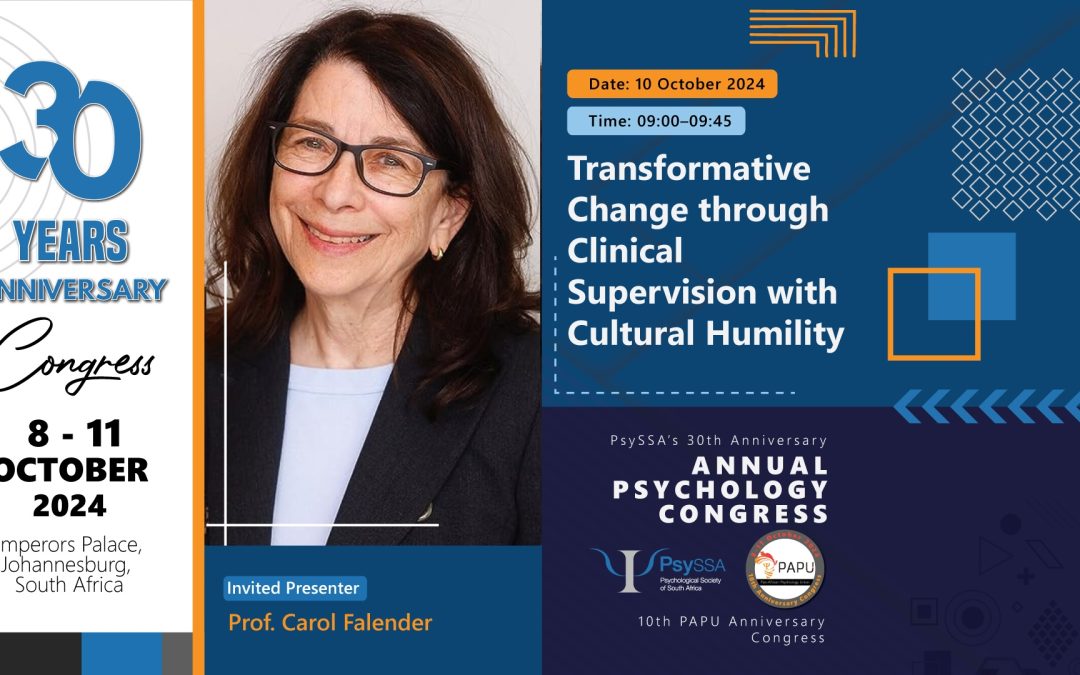
PsySSA’s 30th and PAPU’s 10th Anniversary Congress: Invited Address by Prof. Brendon Barnes
Decolonisation and Climate Psychology
The world is experiencing unprecedented global heating and associated adverse weather events with negative impacts on mental health, physical health, ecosystems, infrastructure and economic systems. Psychologists are playing an increasingly important role in attempting to understand the impacts of climate change and interventions to address it. However, psychologists have inadequately acknowledged the unfairness of climate change (marginalised groups are disproportionately affected by climate change and ecological destruction) and the colonial underpinnings of climate change that shape much of that unfairness. This presentation focuses on strengthening the role of the decolonial movement and its intersections with climate psychology. The presentation describes the role of psychologists in the climate emergency, including some potential problems with current approaches. It then discusses the colonial assemblages that continue to promote the structural biases of climate change. It outlines how decolonial ideas emanating from within (for example, decolonial psychology) and outside of (for example, decolonising climate justice) psychology may be useful in strengthening climate psychology, including examples of how this is happening. Lastly, the presentation suggests recommendations for future work.
Prof. Brendon Barnes
Brendon Barnes is a Professor of Psychology at the University of Johannesburg. His work focuses on environmental and climate change injustices through inclusive and action-oriented research. He writes in psychology and environmental health and contributes to the field in three ways: to deepen understanding of ‘behaviour’ in environmental studies, to strengthen critical methodologies, and to reveal how climate and environmental activism is undermined and enhanced.





